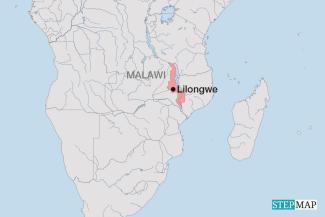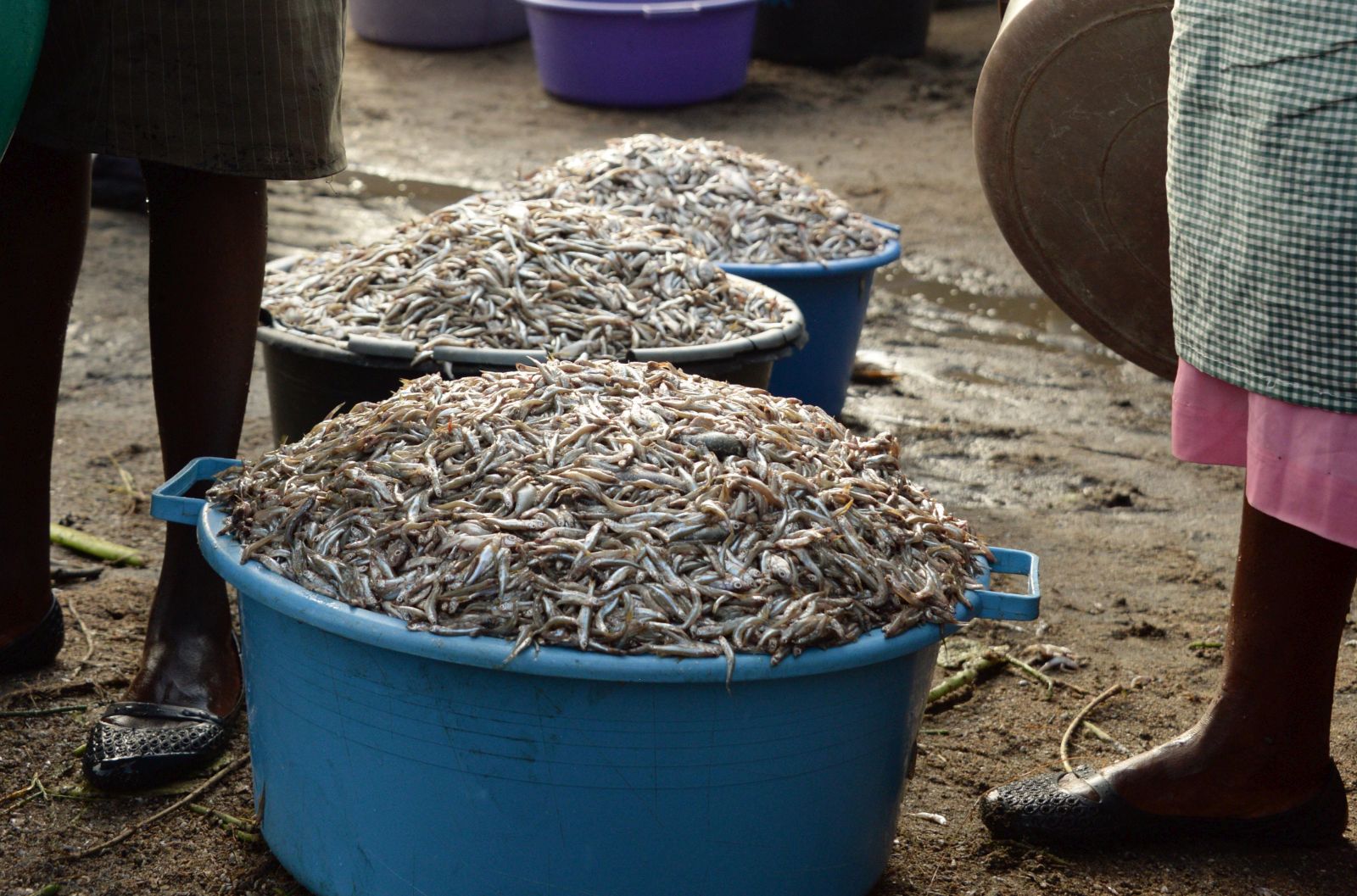Sexual abuse
Sex for fish: the exploitation of female fish traders in Malawi

In Malawi, the fishing industry is one of the significant sources of employment. Over 50,000 are employed in the fish business. It is estimated that the industry contributes up to four percent of the country’s gross domestic product (GDP).
Several groups of people are involved in the trade. There are the fishermen who go out on the water bodies to catch the fish, the boat makers and boat owners, the fish traders and the logistics companies that transport the fish to markets.
Women make up a big percentage of the fish traders. They buy fish from the mongers and sell it to final consumers in fish markets and trading centres around the country. Female fish traders often dedicate a sizable capital which they grow by buying and reselling fish.
In recent times, and owing to several factors including climate change, there has been a marked reduction in the volume of fish harvested from Malawi’s water bodies. The demand for fish remains high as it is a popular delicacy.
Female fish traders now face mounting hardship to access fish. Many traders have reported being solicited for sex in exchange for the supply of fish. Those who have resisted the demands of the predominantly male fishmongers, find themselves without fish stock to trade and on the verge of collapse of their small trading enterprises.
“Sex for fish,” as the practice has now come to be known, has been reported in several districts of Malawi including Nkhotakota, Salima, Nkhata-Bay, Karonga, Likoma, Zomba and Mangochi.
On a cloudy Sunday morning, people flocked to the lake with their empty buckets and money in their hands while standing in boats waiting for the fishmongers to come ashore. Among the female traders, is Marita Patrick, from Makawa village of Mangochi district. She has been trading fish for the last six years and recounts her experience.
“I have been asked for sexual favours in exchange for the supply of fish. I refused. I don’t see why I would have to have sex with a man to sell me fish,” Marita said. Her defiance however affected her business as she was unable to gain supply for two to three weeks.
“I started feeling that if it continued for days, I might waste away my capital and eventually run out of business. But I kept going to the lake,” she explains.
Hawa M’baluku, a mother of four, who has been in the fish business for eight years, speaks about the plight of female fish traders.
“In the past, I was forced to have sex with some fishermen so that they could sell fish to me. Life has been tough indeed,” M'baluku said.
A local charity has come up to fight the sexual exploitation of women in the fish trade. “HeforShe,” works with local traders in the fishing industry to raise awareness about the dangers of transactional sex. Launched in 2019, “HeforShe” has organised meetings with chiefs, fishermen and female fish traders to raise awareness about the vice.
Edward Kela, a fisherman who owns a fish company at the lake, and one of the founders of “HeforShe,” says that transactional sex for fish has been happening for years and many women were silently undergoing trauma. He hopes that by openly speaking about and against it, they can end the vice.
Benson Kunchezera is a Malawian freelance journalist based in Blantyre.
bkunchezera84@gmail.com















